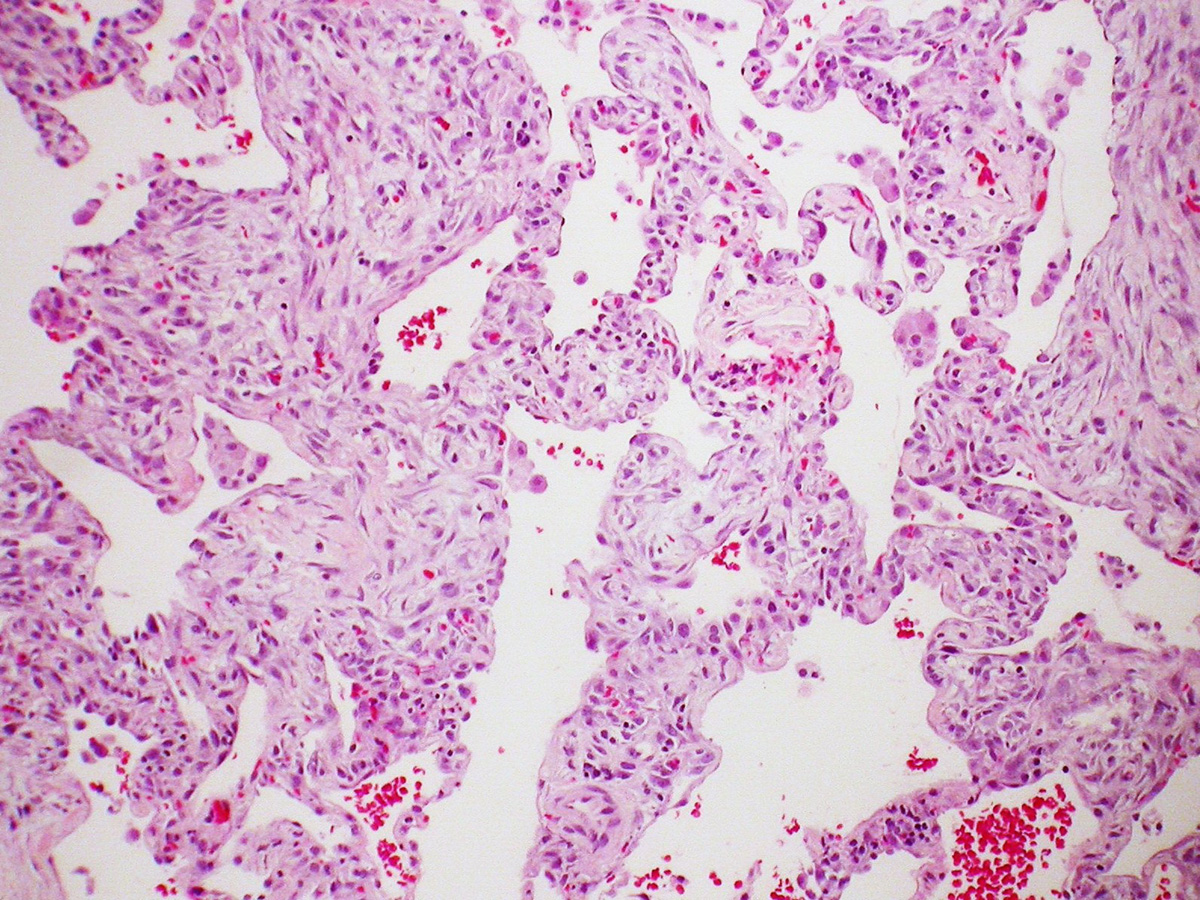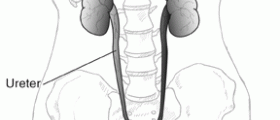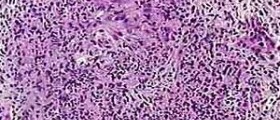
Acute interstitial nephritis is a rapidly developing inflammation of the space between the kidney tubules medically known as the interstitium. The condition features with many symptoms and signs and they generally depend on the severity of inflammation and on how much the kidney and its function are actually affected.
What Are Causes of Acute Interstitial Nephritis?
In a majority of patients acute interstitial nephritis develops as a consequence of an allergic reaction to medications. Furthermore, analgesic nephropathy may affect people who are on a prolonged therapy with medications such as acetaminophen, Aspirin or nonsteroidal anti-inflammatory drugs (NSAIDs). The condition represents a side effect of certain antibiotics such as penicillin, ampicillin, metxicillin, sulfonamide drugs etc. or some diuretics (thiazide diuretics or furosemide). Apart from the previously mentioned acute interstitial nephritis may be connected with illnesses such as legionellosis, collagen vascular diseases (for example sarcoidosis) and transplant rejection.Clinical Characteristics of Acute Interstitial Nephritis
The symptoms and signs of acute interstitial nephritis may range from mild to severe. Acute kidney failure is one of the most serious characteristics of the disease. But not all patients develop acute kidney failure.
The condition leads to blood appearing in urine, fever, changes in urine output (low or high urine output), nausea and vomiting. Some patients may develop rash. There is also chance of mental status changes such as drowsiness, confusion and even coma. Swelling of certain parts of the body and weight gain point to inadequate elimination of fluids from the body and fluid retention.
Diagnosing Acute Interstitial Nephritis
Today doctors perform standardized tests in order to confirm interstitial nephritis. Such tests include arterial blood gasses, blood chemistry, BUN and blood creatinine levels, complete blood count, urinalysis and urine osmolarity. Definitive conformation is possible after kidney biopsy and pathohistological examination. Further exams may point to complications associated with fluid retention such as accumulation of fluid in the lungs or under the skin. The condition may also cause an increased blood pressure.
Treatment for Acute Interstitial Nephritis
Once the diagnosis is confirmed it is essential to stop taking medications responsible for acute interstitial nephritis. Additional measures such as limiting intake of salt and fluid can bring swelling and high blood pressure under control. Furthermore, better control of acute kidney failure is achieved by limiting intake of proteins. Acute renal failure requires temporary dialysis (kidneys eventually start excreting urine themselves). And finally, some patients are prescribed with corticosteroids, anti-inflammatory medications.
Potential complications of acute interstitial nephritis are metabolic acidosis and chronic kidney failure. Prevention of acute interstitial nephritis is possible in people who are taking medications able to induce the inflammation for a longer period of time. Namely, even if they require a specific drug the doctor can make a pause in the therapy or occasionally replace the drug with some other medication.

















Your thoughts on this
Loading...